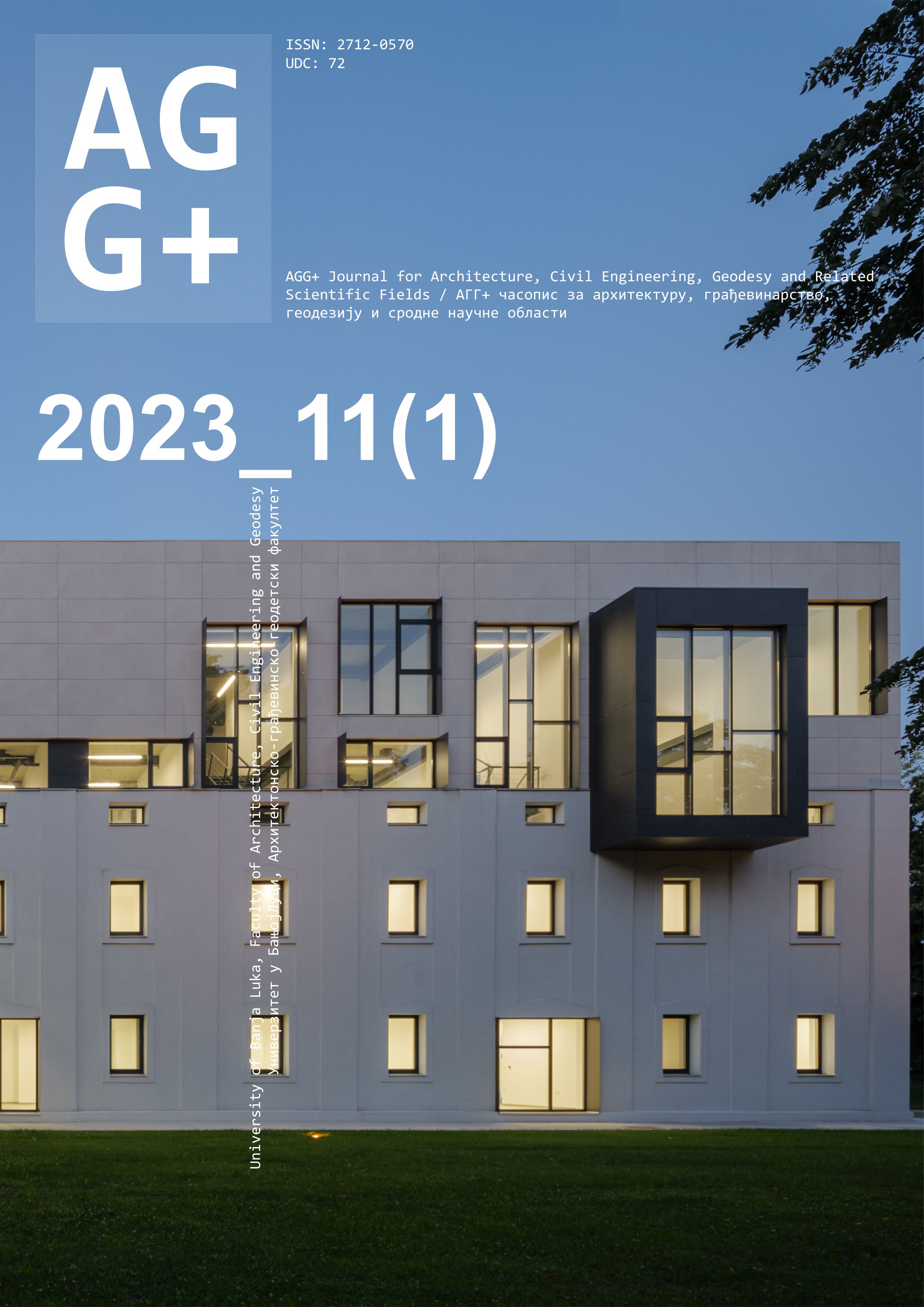 ,
,
Department of Civil Engineering, University Ibn Khaldoun , Tiaret , Algeria
 ,
,
Department of Civil Engineering, University Ibn Khaldoun , Tiaret , Algeria

Department of Civil Engineering, University Ibn Khaldoun , Tiaret , Algeria
Plastic waste is a significant environmental and ecological problem that requires urgent action. Indeed, plastic waste pollutes our oceans, rivers, and lakes, harming aquatic life and marine ecosystems. Plastic debris also poses a threat to terrestrial wildlife, as animals can mistake plastic for food or become entangled in it, leading to injury or death. In addition, plastic production requires fossil fuels, leading to greenhouse gas emissions contributing to climate change. That is why recycling plastic waste is an important step towards reducing the environmental impact of plastic and creating a more sustainable future. The present work is part of this approach, and it aims to investigate the effects of the size of the plastic fibers and their percentages on the performances of Hot Mix Asphalt (HMA) in road pavement. Marshall Tests were carried out on the reference asphalt (without adding plastic) and the asphalt containing plastic waste in order to highlight the effect of these additives on the mechanical performance of asphalt mixtures. It has been found that the addition of PET plastic waste considerably improves the mechanical properties of the HMA. The findings revealed that additives composed of plastic fibres of size ranging between 0.125 and 1.25 mm give the best results in terms of Marshall’s Stability and Flow, by acting as reinforcement to the bitumen-aggregate mixtures. Furthermore, the optimum plastic content was found to be about 3.75% by weight of bitumen. It can be noted that the proposed solution fits very well with sustainable development.

This work is licensed under a Creative Commons Attribution-NonCommercial-ShareAlike 4.0 International License.


0
The statements, opinions and data contained in the journal are solely those of the individual authors and contributors and not of the publisher and the editor(s). We stay neutral with regard to jurisdictional claims in published maps and institutional affiliations.